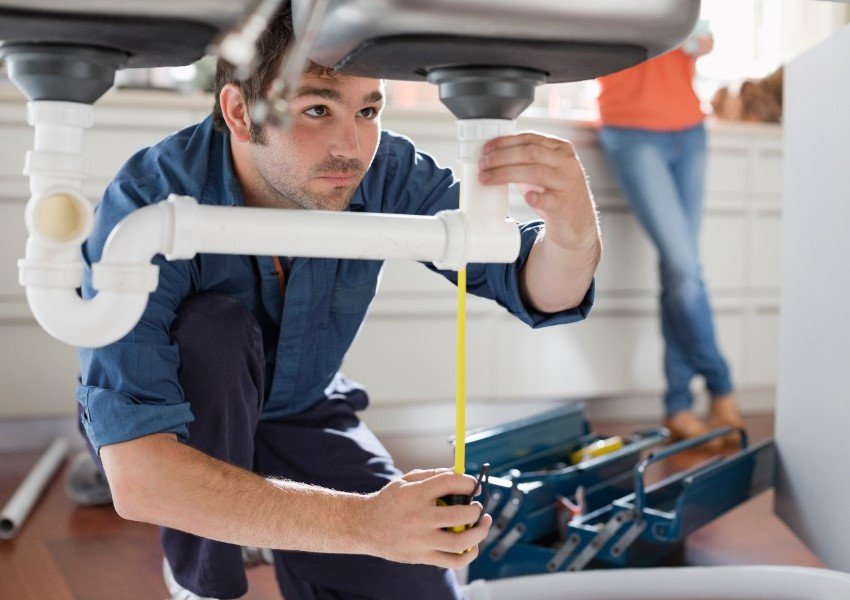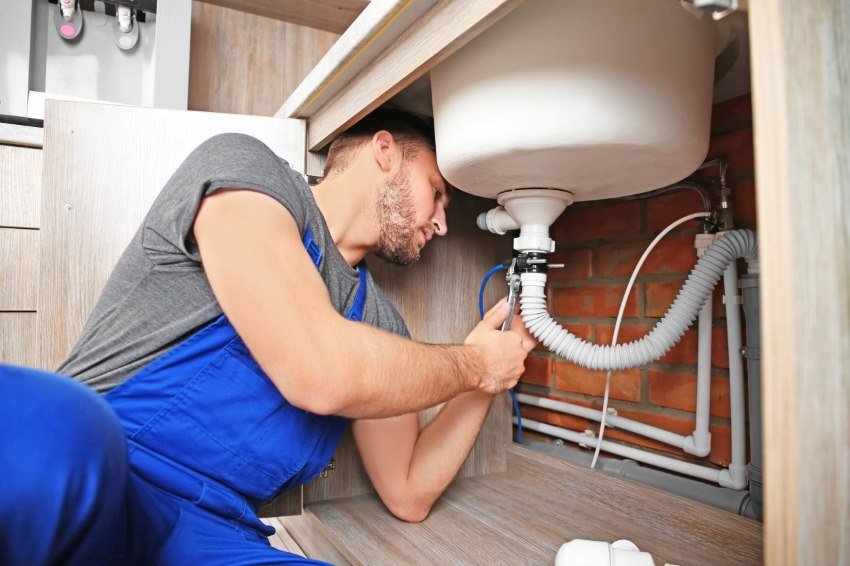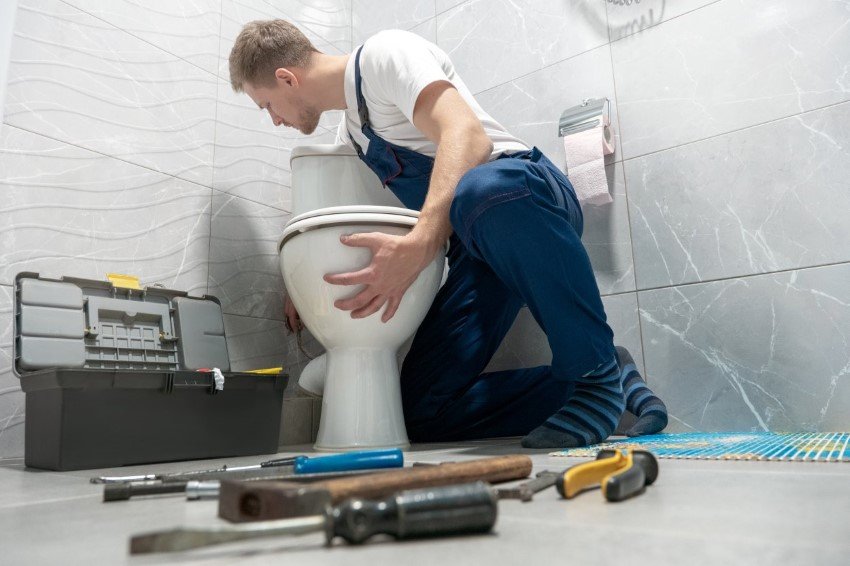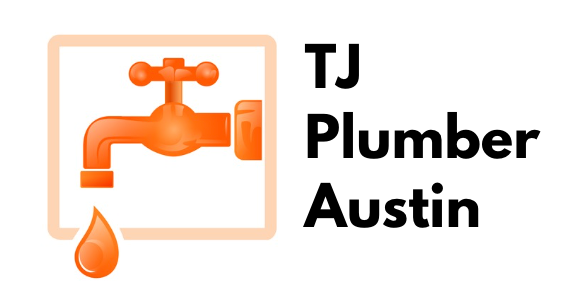Plumber In Austin, TX
24 HOUR PLUMBER IN AUSTIN
If you’re in need of a 24-hour plumber near me in Austin, Texas, there are several options you can explore:
1. Benjamin Franklin Plumbing: They offer 24/7 emergency plumbing services in Austin.
– Website: [Benjamin Franklin Plumbing](https://www.benjaminfranklinplumbing.com/austin/)
– Phone: 512-476-6700
2. ABC Home & Commercial Services: ABC provides emergency plumbing services round the clock in Austin.
– Website: [ABC Home & Commercial Services](https://www.abchomeandcommercial.com/austin/plumber)
– Phone: 512-837-9500
3. Reliant Plumbing: They offer 24-hour emergency plumbing services in Austin and surrounding areas.
– Website: [Reliant Plumbing](https://www.reliantplumbing.com/)
– Phone: 512-222-6029
It’s always a good idea to check their websites or give them a call to confirm availability and get assistance as soon as possible.


Call Now For A Free Estimate
IS THERE A DIFFERENCE BETWEEN RESIDENTIAL AND COMMERCIAL PLUMBING IN AUSTIN?
Yes, there are differences between residential and commercial plumbing, not just in Austin but generally everywhere. Here are some key distinctions:
1. Scale and Complexity: Commercial plumbing systems are typically larger and more complex than residential ones. They may involve more extensive piping, multiple floors, and specialized equipment such as grease traps or industrial water heaters.
2. Usage Patterns: Commercial buildings have different usage patterns compared to residential properties. For example, restaurants and hotels require plumbing systems that can handle heavy usage and specific requirements like commercial-grade kitchen equipment.
3. Regulations and Codes: There are often different building codes and regulations that govern residential and commercial plumbing. These codes address issues such as pipe sizing, fixture requirements, and accessibility standards, and they may vary depending on the type of building and its intended use.
4. Responsibility for Maintenance and Repairs: While homeowners are typically responsible for maintaining and repairing the plumbing systems in their residential properties, commercial properties may have maintenance contracts or building management teams that handle these tasks. Commercial plumbing systems may also require more frequent inspections and maintenance due to their larger scale and usage patterns. So it’s recommended to have the services of a plumbing company near me.
5. Materials and Components: Commercial plumbing systems may use different materials and components than residential ones to accommodate their specific needs. For example, commercial buildings may use larger diameter pipes, heavy-duty fixtures, and specialized equipment designed for high-volume usage.
In Austin, as in many other places, plumbing contractors often specialize in either residential or commercial projects due to the differences in requirements, regulations, and expertise needed for each type of plumbing system.


Call Now For A Free Consultation
WHAT IS THE DEFINITION OF COMMERCIAL PLUMBING?
Commercial plumbing refers to the specialized branch of plumbing that deals with the installation, maintenance, and repair of plumbing systems in commercial and industrial buildings. This includes a wide range of structures such as office buildings, retail stores, restaurants, hotels, hospitals, schools, manufacturing facilities, and more.
The scope of commercial plumbing extends beyond that of residential plumbing due to the larger scale and complexity of commercial buildings. Commercial plumbing systems are designed to accommodate higher water usage, more fixtures, and specific needs related to the building’s function and occupancy.
Commercial emergency plumber near me are trained and equipped to handle the unique challenges posed by commercial plumbing systems, which may include:
1. Installation and maintenance of large-scale piping systems.
2. Installation and servicing of specialized fixtures and equipment such as commercial-grade water heaters installation, grease traps, and backflow prevention devices.
3. Compliance with building codes, regulations, and industry standards that govern commercial plumbing.
4. Handling of emergency repairs and troubleshooting in commercial settings where downtime can be costly.
5. Collaboration with other trades and professionals involved in the construction, renovation, or maintenance of commercial buildings.
In summary, commercial plumbing encompasses the design, installation, and maintenance of plumbing systems in non-residential buildings, ensuring they operate efficiently and meet the specific needs of businesses and organizations.
Got Questions? Call Now To Get Answers
WHAT IS THE DIFFERENCE BETWEEN COMMERCIAL AND RESIDENTIAL FAUCETS?
Commercial and residential faucets differ in several key aspects, primarily in terms of design, durability, functionality, and cost. Here are some of the main differences:
1. Design and Aesthetics:
– Residential faucets are often designed with aesthetics in mind, featuring a wide variety of finishes, styles, and decorative elements to complement the overall design of the kitchen or bathroom.
– Commercial faucets typically have a more utilitarian design, focusing on durability and functionality rather than decorative elements. They often have a simpler, more industrial look.
2. Durability and Construction:
– Commercial faucets are built to withstand heavy usage and are typically made from high-quality materials such as solid brass or stainless steel. They are engineered for durability and longevity in high-traffic environments.
– Residential faucets may not be designed to withstand the same level of usage as commercial faucets and may be constructed from lighter materials such as zinc or plastic.
3. Functionality:
– Commercial faucets are designed for efficiency and functionality, with features such as hands-free operation (sensor-activated faucets), high flow rates, and rugged construction to withstand frequent use and abuse.
– Residential faucets may prioritize convenience and ease of use, with features such as adjustable water temperature and flow rate, pull-out or pull-down sprayers, and decorative handles or knobs.
4. Cost:
– Commercial faucets tend to be more expensive upfront due to their higher quality construction and durability. However, they often provide better long-term value and lower maintenance costs for commercial settings.
– Residential faucets are typically more affordable upfront, with a wider range of options available to fit different budgets and design preferences. However, they may require more frequent replacement or repairs in high-traffic areas.
Overall, the choice between commercial and residential faucets depends on factors such as the intended use, budget, and design preferences. Commercial faucets are best suited for high-traffic environments where durability and functionality are paramount, while residential faucets offer more options for customization and decorative appeal.
TJ PLUMBER AUSTIN
3605 Thompson St, Austin, TX 78702
Hours of Operation
Mon Open 24 hours
Tue Open 24 hours
Wed Open 24 hours
Thu Open 24 hours
Fri Open 24 hours
Sat Open 24 hours
Sun Open 24 hours
